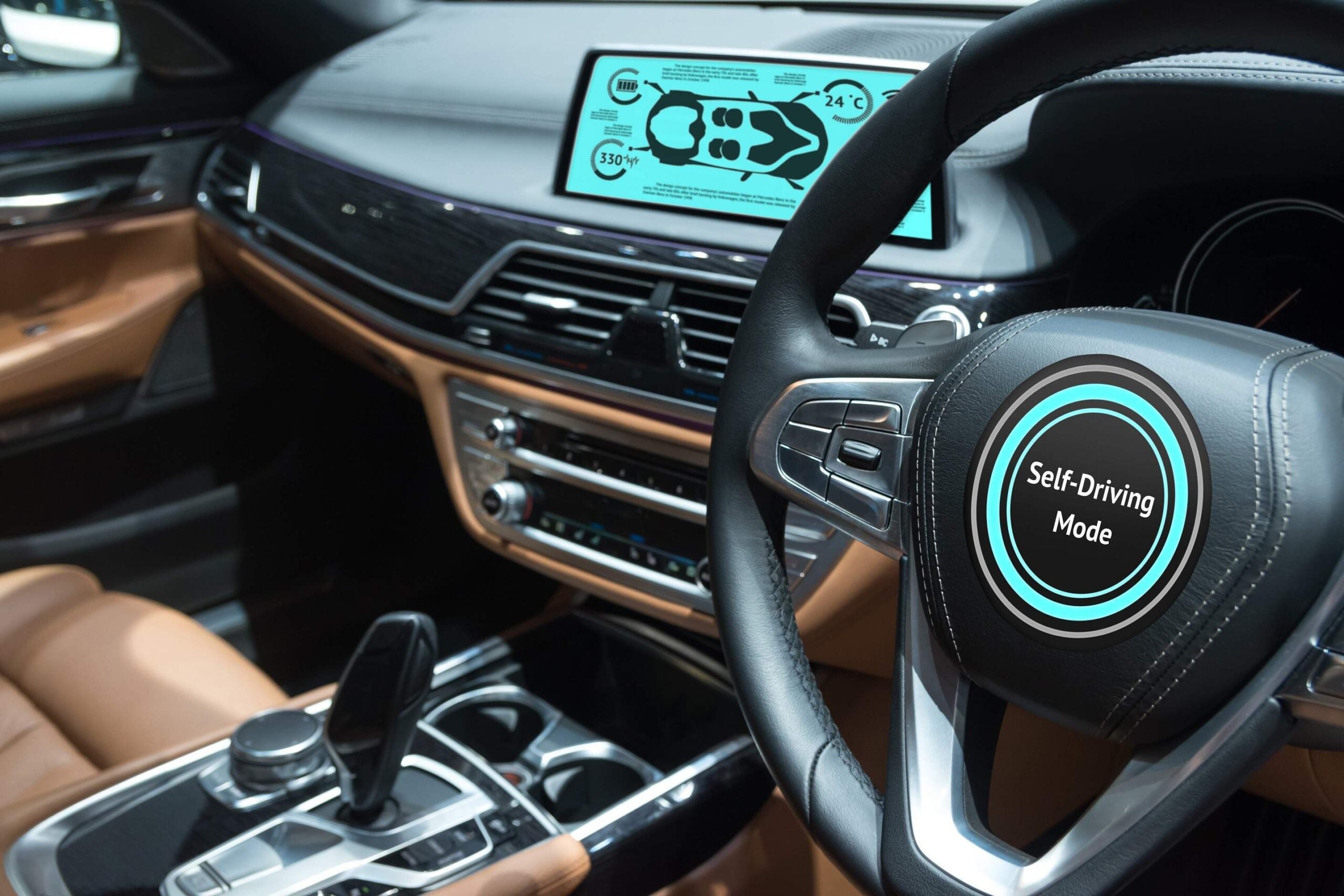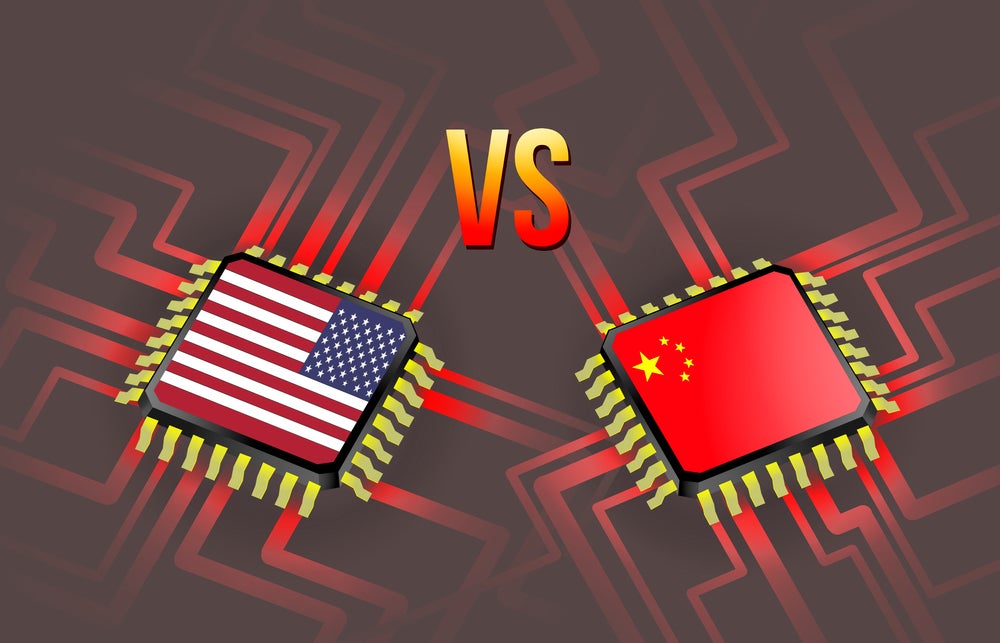
Autonomous cars have seemingly been on the brink of commercialisation for several years. With a study by Intel predicting $7tn of economic activity will be created by the so-called ‘passenger economy’ by 2050, it is clear why so many companies are keen to be the first to get a fleet of autonomous cars on the road.
The race has its key players—the likes of Waymo, General Motor, Tesla and Uber often grabbing the headlines—yet the frontrunner has been constantly shifting.
This has been shaped by several aspects: technology, manufacturing and public image. To be the first to release road-ready self-driving cars on a large scale, the key players will have to meet all of these benchmarks.
1. Autonomous car technology
The amount of processing involved in getting a car from A to B safely without human involvement initially gave technology companies a big head start over traditional carmakers.
Google launched its self-driving car project Waymo in 2009, and now, in the form of an independent technology company, it is widely considered the frontrunner in the autonomous car sector. One area that it has helped to put it ahead in the race is its lidar technology, which, in combination with cameras and sensors, helps to create a 3D map of a car’s surroundings by measuring how long it takes infrared light to bounce back after hitting nearby objects.
Other companies, such as General Motors, have been developing their own lidar solutions. The technology became the centre of a lawsuit between Waymo and Uber, with the former alleging that an ex-Waymo employee stole intellectual property before moving to Uber.
To process all of the data harvested from cameras and sensors, autonomous cars must rely on artificial intelligence (AI) to turn it into instructions. Nvidia has expanded from its roots as a computer game chip maker to emerge as one of the leading tech firms in this space with its range of Drive PX computers.
Its GPU and AI technology are now used by the likes of Volkswagen, Audi, Mercedes Benz, Audi and Tesla. In October 2017 it introduced Pegasus, an AI computer that can calculate 320 trillion deep-learning operations per second. This led chip analyst at Moor Insights & Strategy Patrick Moorhead to tell the Financial Times to call it the end-game for self-driving cars’ and that it “gives Nvidia a leg up in the race to full autonomy”.
Elsewhere, Silicon Valley startup Drive.AI is developing driverless car technology, and Ford has invested heavily in software company Argo AI, putting $1bn into the startup over the next five years. Apple has been focusing on the software and recently doubled its test fleet, but little is known about the details of its autonomous car programme.
2. Manufacturing autonomous cars
Once the technological side is perfected, companies face the challenge of lowering costs in order to manufacture autonomous cars at scale. This is where traditional car makers, such as Volkswagen and Volvo, have the advantage with their well-established manufacturing infrastructures.
Many tech companies have made deals with car manufacturers; this week Waymo, owned by Google parent company Alphabet, announced that it will purchase up to 62,000 additional Chrysler Pacifica Hybrid minivans from FCA US. The partnership is a huge leap from the early days of the relationship, which began in May 2016 with Waymo’s purchase of 100 Pacifica hybrid minivans for its test fleet.
Uber had announced plans to purchase up to 24,000 self-driving cars from Volvo to use for its own autonomous ride-hailing service, but it remains unclear whether this deal will still be going ahead in light of the fatal crash one of its vehicles was involved in back in April.
General Motors, which has described autonomous cars as ‘the biggest thing since the internet’, announced that it will launch an autonomous car without a steering wheel next year. However, it is yet to decide whether to roll its cars out with its own service or to use a partner such as ride-booking app Lyft.
Ford has ambitious plans to launch an autonomous car network in 2021 using its own cars. Similarly, Renault-Nissan aims to use its own cars for its self-driving taxi service, which it aims to launch in time for the 2020 Summer Olympics in Tokyo.
3. Public confidence in autonomous cars
The success of autonomous cars, though, largely depends on the public’s confidence that they will be safe when riding in them, when driving next to them, and when crossing roads that they are using.
Autonomous cars have lost public confidence in recent years due to a widely reported series of crashes. Since the first death in an autonomous car in January 2016, there have been a further three fatalities. Three out of these four fatalities have been in Tesla cars while on autopilot, with the fatality being the driver on each occasion. The resulting negative publicity led to Tesla co-founder and CEO Elon Musk stating that he is fed up with the ‘misleading’ media coverage that autopilot accidents receive.
Tesla has since introduced new safeguards, and will begin releasing quarterly autopilot safety reports in an effort to assure the public that its system is safe.
Uber’s tough 2017 continued into 2018 when one of its autonomous cars crashed into an Arizona pedestrian in April. The first pedestrian death caused by an autonomous car lead to the company pulling its driverless vehicles in Pennsylvania ‘indefinitely’.
Since January 2017, about 40 crashes have taken place in California, with records showing 33 of the cars were General Motor Cruise vehicles. General Motors was not found to be responsible for any of these but did settle with a motorcyclist who pursued legal action after he was knocked over by one of their autonomous cars.
Waymo has largely steered clear of such bad press, with the only reported incident occurring when a driver in a Honda ran a red light in Chandler, Arizona, and struck one of its autonomous vans. The Waymo operator received minor injuries in the collision.
It would appear all of this negative publicity has made an impression, with a recent survey finding that 68% of people are fearful as pedestrians around autonomous cars and a further 64% saying that would be fearful as a passenger. Another survey found that a similar amount (62%) would be uncomfortable sharing the road with self-driving trucks, suggesting that all companies hoping to roll out autonomous vehicles have a lot to do to convince the public that the technology is safe.
For all of the negative perception surrounding autonomous cars, however, it is worth noting that nearly 1.3 million people currently die in road crashes each year, according to the Association for Safe International Road Travel, making it the ninth leading cause of death across the globe. Statistically, autonomous cars are responsible for a negligible percentage of road fatalities.







